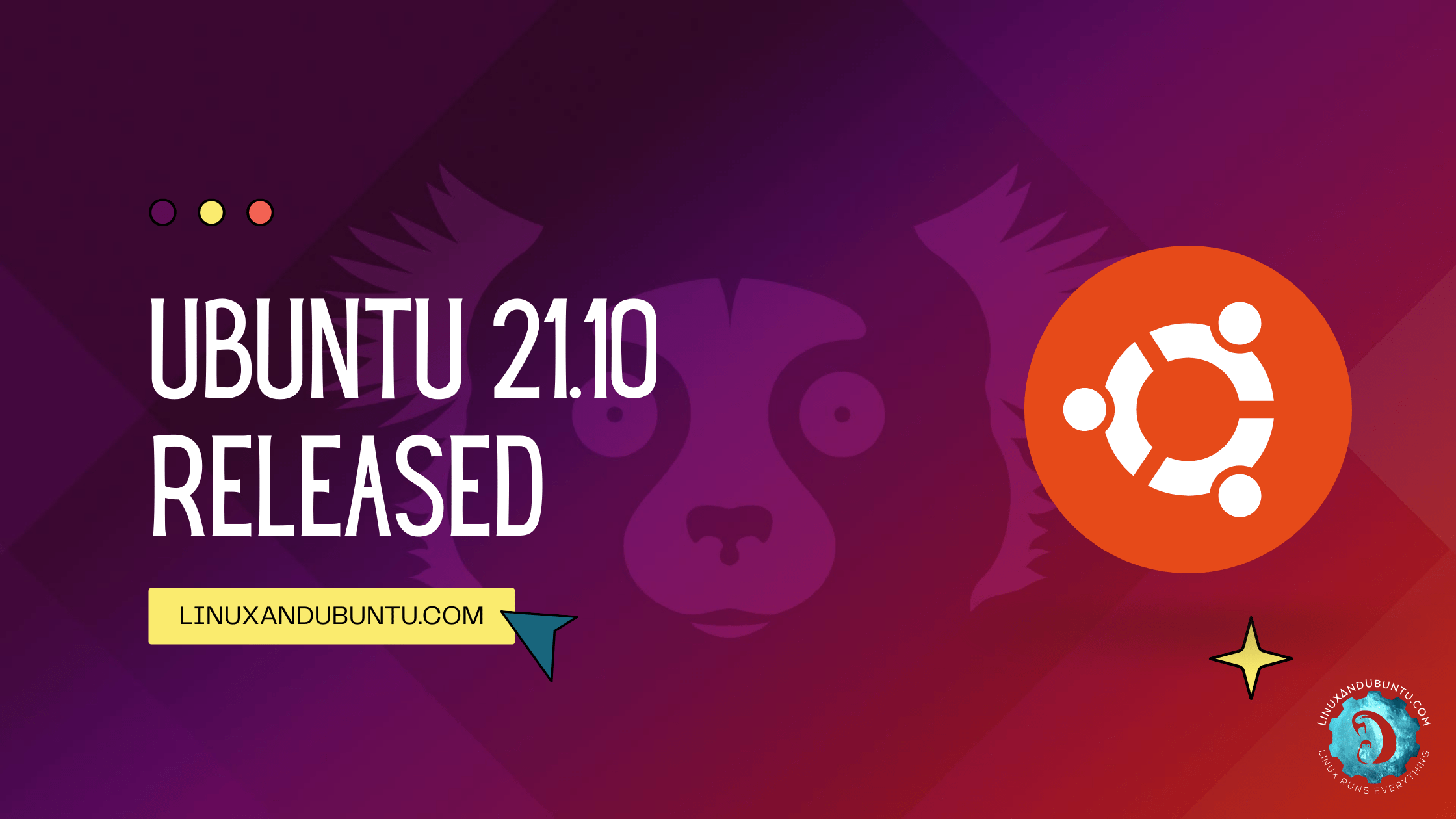Photon OS 5.0 Released: Empowering Cloud and Edge Environments with Enhanced Features
Table of Contents
Photon OS, the purpose-built Linux-based operating system designed for Cloud and Edge applications, has recently released its highly anticipated version, 5.0.
Packed with new features and enhancements, Photon OS 5.0 aims to provide improved network configuration management, enhanced container runtime security, support for new filesystems, updated kernel versions, and much more.
In this article, we will learn the major and minor changes introduced in Photon OS 5.0 and explore the exciting advancements that make it a compelling choice for enterprise-grade deployments.
Enhancements in Network Configuration Manager
Photon OS 5.0 introduces significant improvements to its Network Configuration Manager, empowering administrators with a wide array of new functionalities.
Users can now configure multiple routes and addresses, use WireGuard for secure communication, and use SR-IOV for efficient virtualization.
The updated Network Configuration Manager also supports creating and managing various virtual network devices, such as NetDev, VLAN, VXLAN, Bridge, Bond, VETH, MacVLAN/MacVTap, and many more. The ability to generate flexible netplan-like network configurations from YAML files further simplifies network setup and administration.
PMD-Nextgen Enhancement
The pmd-nextgen package in Photon OS 5.0 gains several configuration options, expanding its capabilities. Administrators can now easily configure system hostname settings, network SR-IOV, TUN/TAP devices, and TLS for secure communications.
These enhancements provide greater control and flexibility in managing network-related functionalities within the distribution.
Photon OS Container Builder
A noteworthy addition to 5.0 is introducing the Photon OS Container Builder tool. Administrators can use the cntrctl utility to construct lightweight Photon OS containers tailored to their specific needs. This new tool streamlines the containerization process, enabling developers to package applications efficiently and optimize resource utilization.
Kernel-Version Update and Filesystem Support
Photon OS 5.0 adopts the latest kernel version, 6.1.10, encompassing flavors such as Linux, linux-esx, linux-secure, and linux-rt. This update brings critical bug fixes, stability improvements, and security enhancements to the operating system’s core.
Furthermore, Photon OS now supports two new filesystems: XFS and BTRFS. The XFS filesystem facilitates high-performance and scalable environments for data-intensive tasks, while BTRFS offers improved reliability and efficient data storage capabilities.
Support for Control Group V2 and Kernel Live Patching
In its pursuit of enhanced resource management and security, Photon OS 5.0 adds support for Control Group V2 (cgroup v2). This update delivers improved container control and delegation mechanisms, along with features like Pressure Stall Information and rootless containers.
Photon OS also embraces Kernel Live Patching to allow system administrators to apply patches to the running kernel without requiring a reboot. This feature enhances system uptime and reduces the impact of critical security vulnerabilities.
Enhanced Container Runtime Security
Photon OS 5.0 reinforces container runtime security with two significant enhancements. Firstly, administrators can enable and configure the SELinux policy to effectively manage access to files, directories, and system resources. By implementing SELinux, the risk of security breaches is significantly reduced.
Secondly, Photon OS supports rootless containers, empowering unprivileged users to create and manage containers without requiring root privileges. This addition strengthens the security posture of the host machine by minimizing potential threats.
Improved Linux Real-Time Kernel and ARM64 Support
The linux-rt kernel flavor in Photon OS 5.0 receives various improvements, including low-latency optimizations, stability enhancements, and debugging enhancements. Now Linux-rt kernel also supports the Intel Sapphire Rapids CPUs, including the Telco-specific 5G ISA.
The new version introduces support for ARM64 architecture, specifically for the linux-esx kernel, expanding the platform’s compatibility and enabling deployment on ARM-based systems.
PostgreSQL Versions and TDNF Feature Enhancements
Photon OS 5.0 includes support for multiple versions of PostgreSQL, including PostgreSQL 13, 14, and 15. This update ensures compatibility with a wide range of applications and allows users to leverage the features and improvements introduced in the latest PostgreSQL releases.
The TDNF package manager in Photon OS also receives feature enhancements, such as the availability of the metalink functionality as a plugin.
Other improvements include –
- History tracking.
- Mark command support.
- Cache size checking.
- Extended repository options.
- Various configuration options for a more versatile and efficient package management experience.
Installer and Build System Updates
Photon OS 5.0 enhances its installer and build system, further streamlining the deployment process. The installer now supports pre-install scripts, enabling administrators to execute custom actions before installation begins.
A command-line tool is also provided for generating custom initial RAM disks (initrd), custom installer ISOs, and custom RPM-OSTree ISOs. The updated Kickstart network configuration offers improved flexibility, allowing for the configuration of multiple interfaces and better handling of VLAN interfaces. Photon OS 5.0 also supports the A/B partition system, facilitating seamless updates and rollback capabilities.
Package Updates
Photon OS 5.0 incorporates significant updates to various packages, including:
- Linux kernel: Updated to version 6.1.10, bringing critical bug fixes, stability improvements, and enhanced security features.
- Gcc: Version 12.2 ensures compatibility with the latest language standards and optimizations.
- Glibc: Updated to version 2.36, offering improved performance and functionality.
- Systemd: Updated to version 253, providing enhanced system management capabilities.
- Python3: Updated to version 3.11, bringing new features and improvements to the Python ecosystem.
- Openjdk: Added support for versions 11 and 17, enabling developers to utilize the latest Java features.
- OpenSSL: Updated to version 3.0.8, ensuring robust encryption and security capabilities.
- Cloud-init: Updated to version 23.1.1, enhancing the initialization process of cloud instances.
- Rubygem: Updated to version 3.1.2, delivering improvements to Ruby development.
- Perl: Updated to version 5.36, offering enhanced scripting capabilities.
- Kubernetes: Updated to version 1.26.1, bringing new features and bug fixes to the Kubernetes ecosystem.
- Go: Updated to version 1.20.2, providing developers with the latest enhancements and optimizations.
Conclusion
Photon OS 5.0 represents a significant advancement in the world of Cloud and Edge applications. With its comprehensive range of new features and enhancements, including improved network configuration management, enhanced container runtime security, support for new filesystems, updated kernel versions, and package updates, Photon OS 5.0 offers a robust and secure platform for enterprise-grade deployments.
Whether you’re looking to optimize resource utilization, strengthen container security, or leverage the latest technologies, Photon OS 5.0 is a compelling choice that delivers on its promise of a security-hardened, purpose-built operating system for Cloud and Edge environments.
LinuxAndUbuntu Newsletter
Join the newsletter to receive the latest updates in your inbox.



